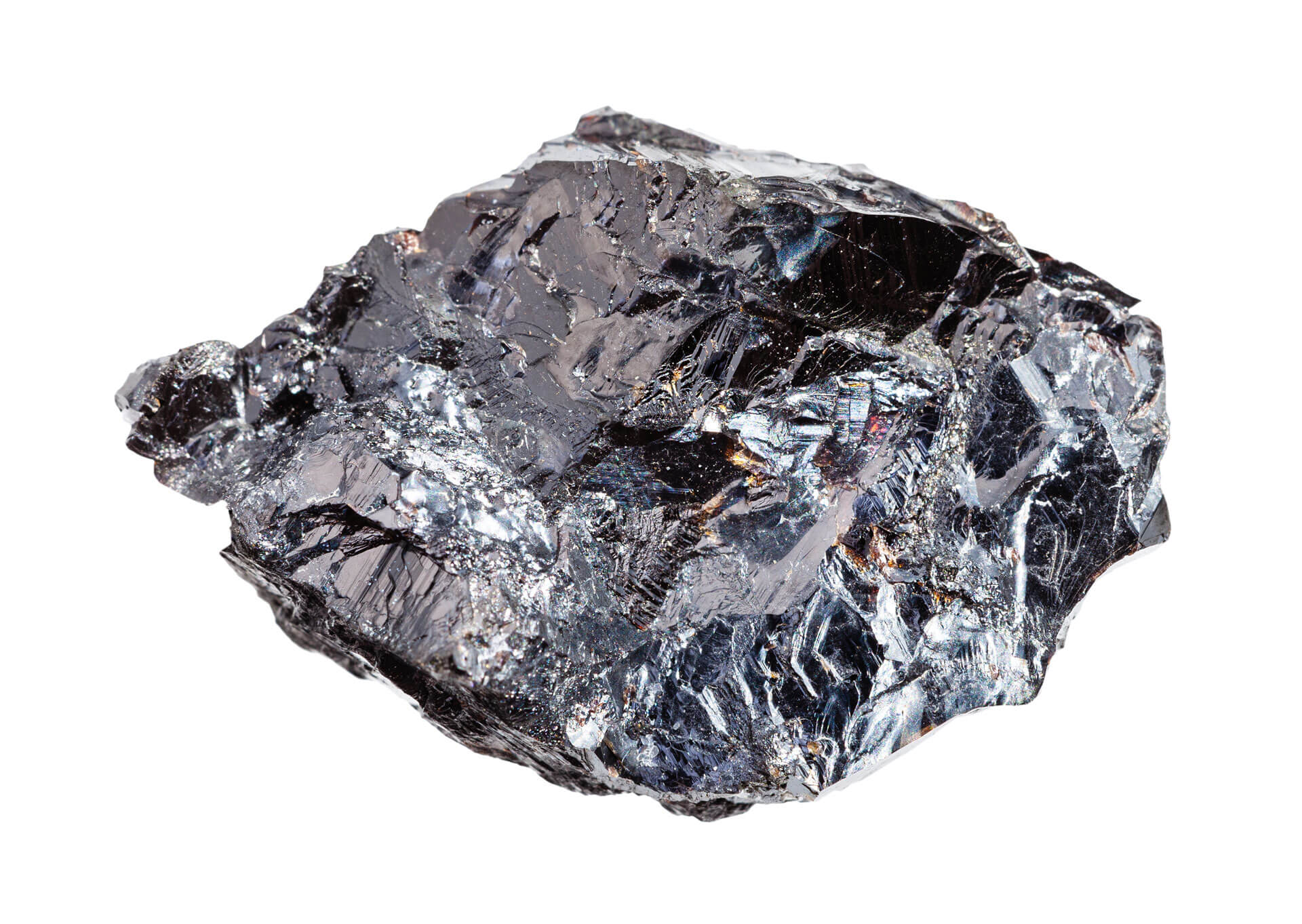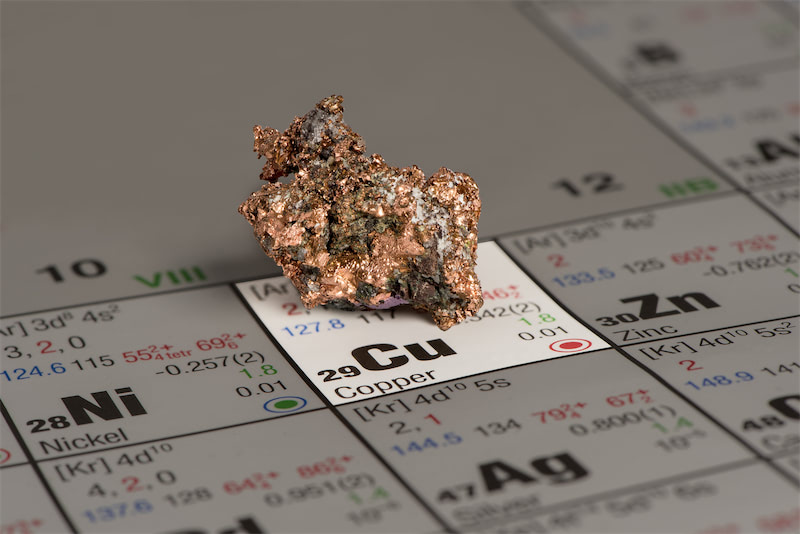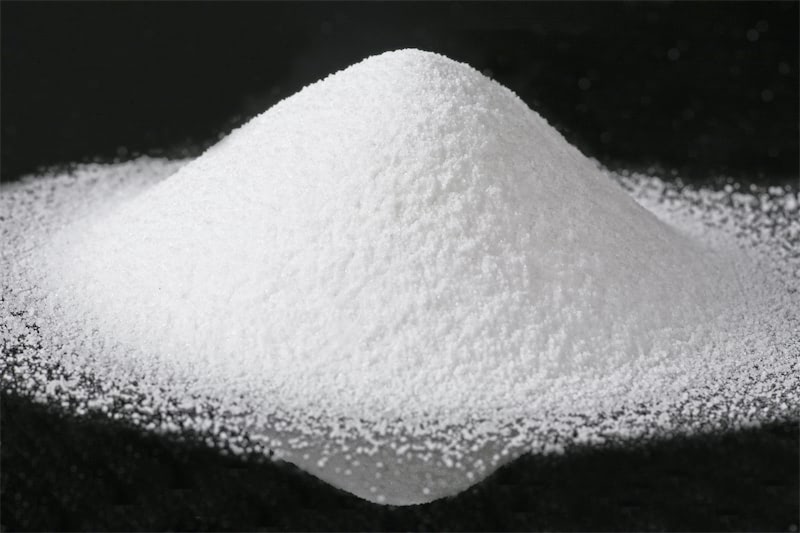Author: Paul Ploumis
12 Jun 2015 Last updated at 04:07:30 GMT
(Kitco News) - Consistent investor outflows so far this month have not only pushed reserve holding in the world’s biggest exchange-traded fund (ETF) into negative territory for the year, but levels are now at their lowest point since before the 2008 financial crisis.
According to the latest data from SPDR Gold Shares (NYSE: GLD), gold reserves dropped on Wednesday to 704.22 tonnes, the lowest level since July 25, 2008. Commodity analysts at Commerzbank note that holdings are now below levels not seen since investment bank Lehman Brothers went bankrupt, sparking the biggest financial crisis since the great depression.
“In other words, all the holdings that had been built up since then have now been withdrawn again. For as long as ETF outflows continue, the gold price is unlikely to make any significant gains,” they said in report published Thursday morning.
Investors jumped into the gold market and gold-backed ETFs during the financial crisis to protect their investment capital. However, analysts have noted that gold has suffered because of improving economic conditions, reducing the need for safe-haven assets.
Looking at the GLD’s historical data, as of Wednesday, since the start of the month, reserves have dropped by 9.85 tonnes. At the same time, after a strong start to the year, gold, held in reserve, has now fallen into negative territory, down 4.8 tonnes on the year.
June’s negative investment flows comes on the heels of May, which showed that GLD’s gold reserves fell 25.89 tonnes during the month.
Although the gold market continues to suffer from negative investment flows, Simona Gambarini, commodity economist at Capital Economics, said that the numbers are slightly misleading.
Although U.S. investors don’t see the need to hold gold in their portfolios, there are still enough global economic uncertainties to support the yellow metal as a safe-haven asset, she said.
She added that they expected to see investment retail demand to remain positive in Europe, Russia and South Africa in particular.
“Greece remains a potential risk to the European Union and there is still a lot of quantitative easing in Europe and gold will benefit from safe-haven demand,” she said. “In Russia we could see retail investors buy gold as protection incase their currency become worthless.”
Looking at the overall gold market, Gambarini said investment demand has so far remained stable this year. “It hasn’t been strong but it is stable,” she said. “We are not likely to see another significant price drop and massive outflows like we did in 2013.”
Courtesy: Kitco News



